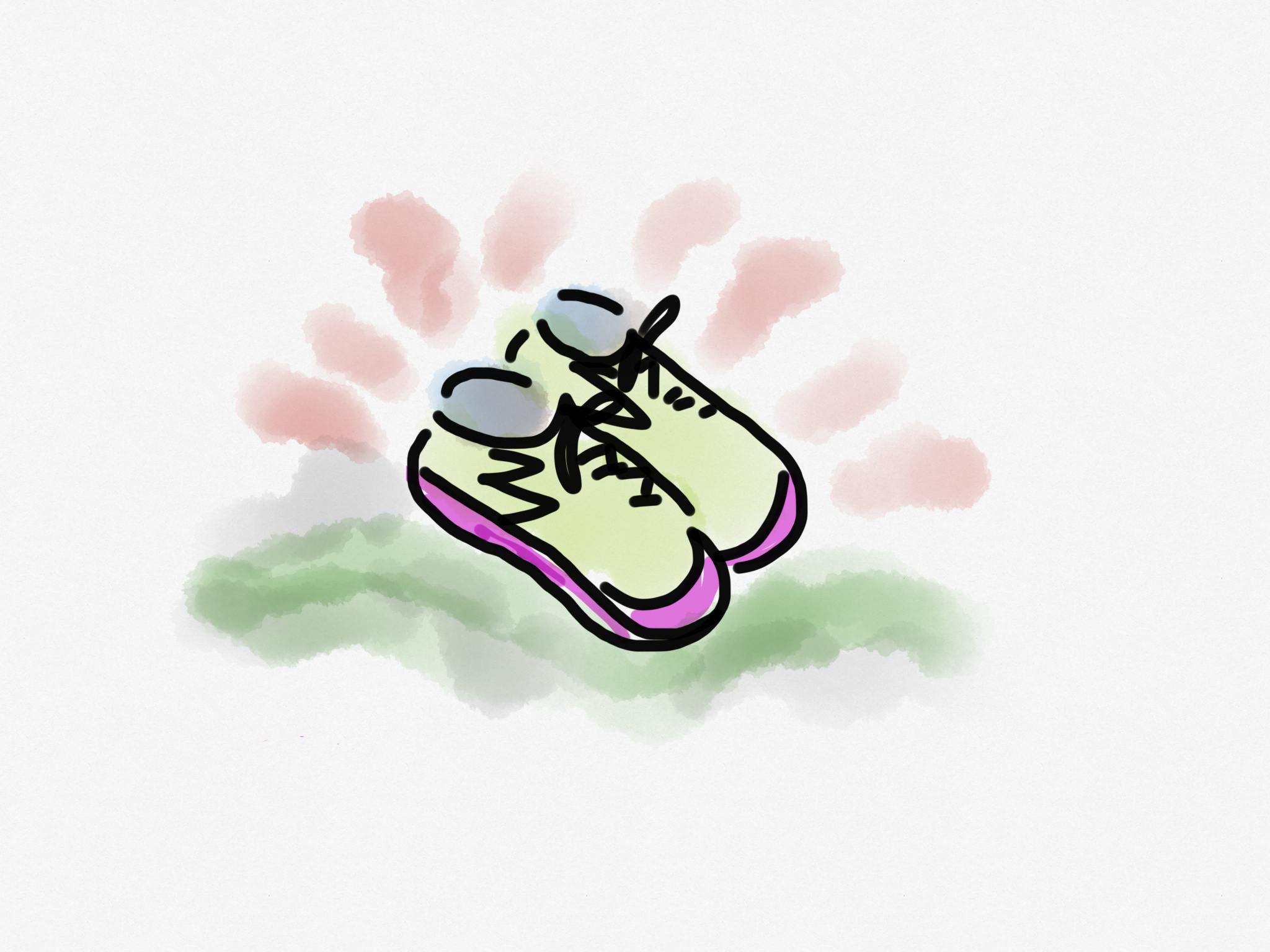I was watching television this morning and I heard,”People who run 5 minutes a day will live longer.” And my first question was, “Do they live longer than those who don't run or those who run marathons?” My second question was, “Really? Come on, what did you use as your control group, people who sit all day, people who lay in bed all day, who...who...who?” Then the physician commentator, “the expert”, was asked, what does this mean? And he basically came up with some extrapolation and said that running any distance is better than not doing anything. I am sorry but my cat could have figured that out. My dogs who were watching with me were laying on the floor laughing their guts out. Even they knew that if you did something....anything...you would probably burn more calories than if you didn't do anything.
The sad thing is, that isn't what this research found. It only found that if you RAN 5 MINUTES you lived longer. That might not be true for people who walk or bike. We just don't know. “The expert” is leading you on.
If you are one of the lucky people who never had to read research articles and write annotated bibliographies (basically, writing a paper about whether the article was researched properly) on them for school, let me bring you up to speed. There are many “scientific” papers that are written where the research is flawed. That means they proved what they set out to prove but made mistakes (on purpose or not) that helped them come up with the answer they wanted. For instance, sometimes they don't use enough people, or maybe they use the wrong math formula. (This would be kind of like using geometry to try to solve an algebra problem on a test at school. To the person who never had math, the answer may seem pretty brainy.) If you are not trained to sort out the data in the research study or if you aren't shown the data, it could be all misleading. First of all, most people aren't trained to do that and secondly, they don't give you enough information if you are trained. You need to rely on... “the expert”.
The sad thing about this type of reporting is that the person who is the authority, like the doctor, should tell you that this is a well researched study or not. They should tell you that there are so many other articles that also prove the same thing or maybe the articles all prove the opposite way of thinking. In the research world, one article does not mean anything. The research “hypothesis” that you are trying to prove must be backed up by several other studies to make it valid.
And when reporting, the expert isn't correct when he tells the public that the article means you should get up and do something. The article only, we assume, “proved” that running 5 minutes will help you. Not just doing any activity.
So, when you hear a story on the news that says people who run five minutes a day live longer, make sure you ask yourself, “Who do they live longer than?” “How much longer do they live?” “How many other studies have been done on this?” “If I walk five minutes a day could I live longer, too?” “If I am hispanic and I run five minutes a day, will I live longer or did you only use caucasians for this study.”
After all, you should know the whole truth of the story before you decide whether to lace up those new $100 running shoes and go out running on those arthritic legs. Oh, and by the way, please don't believe everything you hear.


